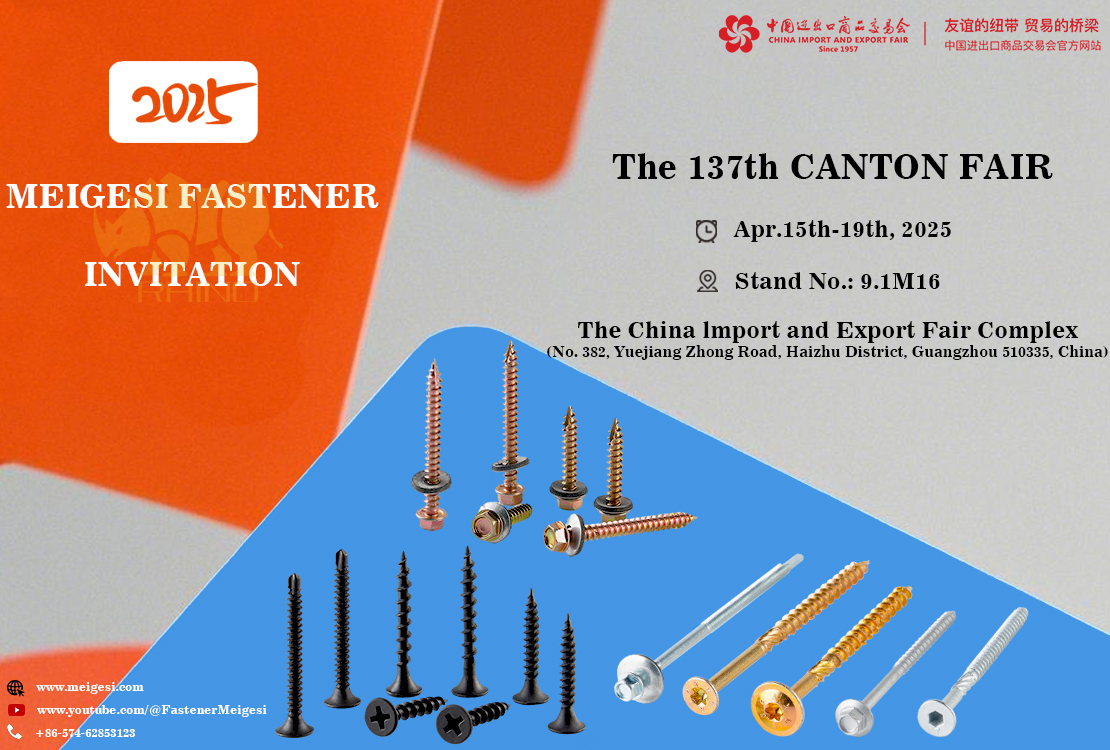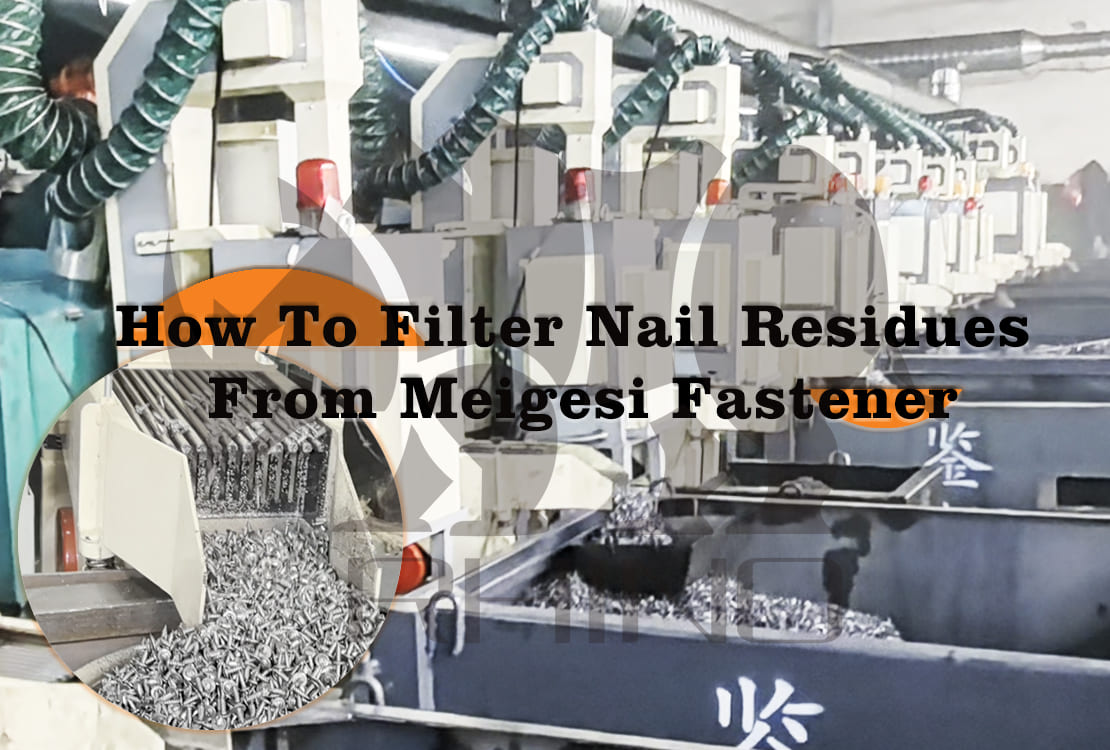
Many purchasers, upon receiving screws, will choose to drill a few screws using either machines or manual methods based on future application scenarios to check whether the screws meet quality standards. During the inspection process, various issues may arise, such as screw slipping.
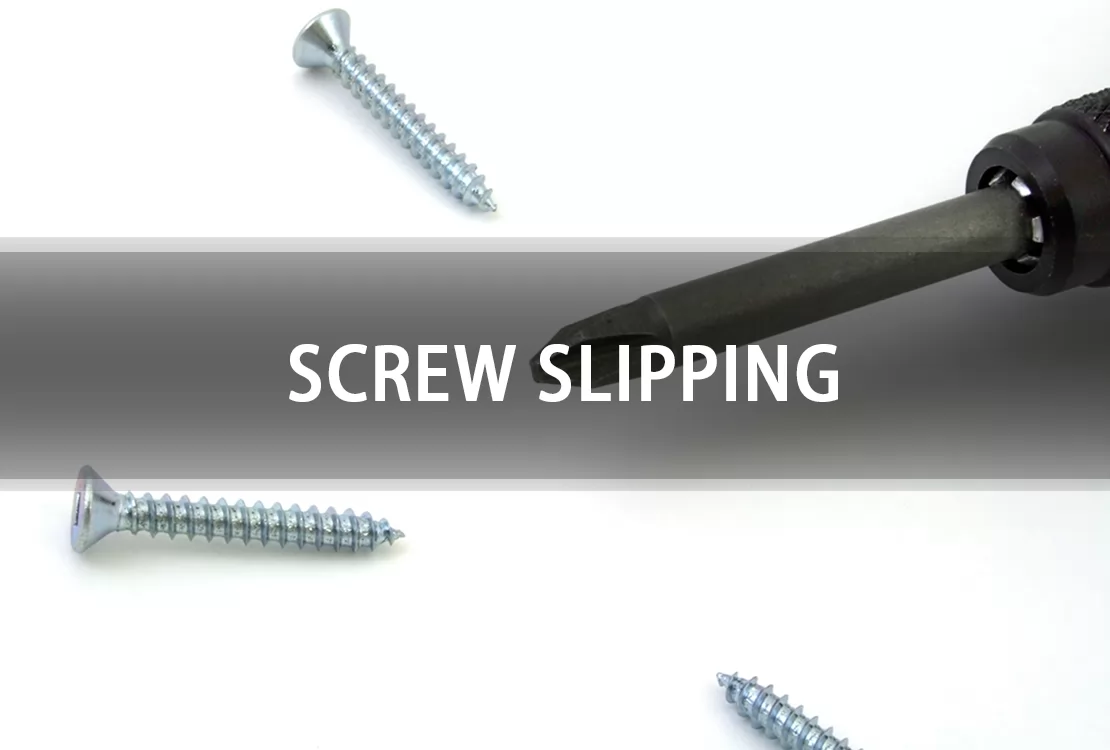
Screw slipping refers to the condition where screws fail to secure properly during tightening or use, resulting in rotation without advancement or loosening. This phenomenon is common in mechanical assembly and maintenance processes and can lead to parts becoming loose, detaching, or even causing safety hazards. There are many causes of screw slipping, such as mismatched screw and hole sizes, damaged threads on screws or holes that prevent proper engagement, and inadequate strength, uneven hardness, or surface defects in the screw material, all of which can affect screw performance.
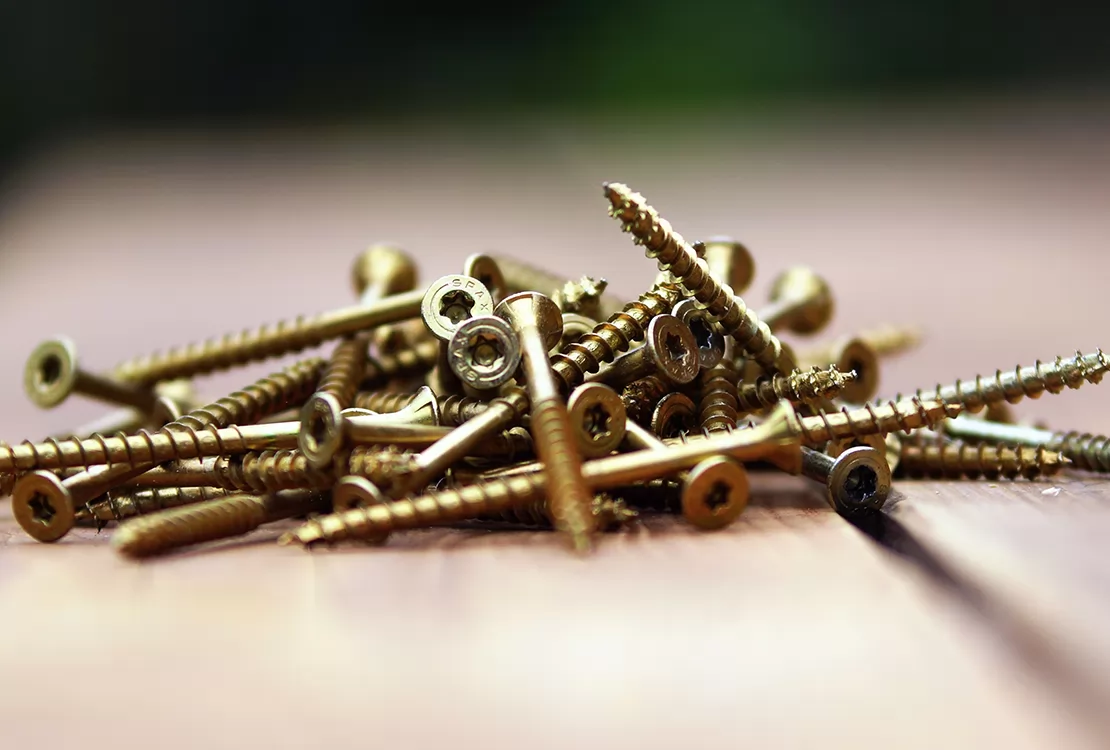
To solve this problem, we need to address the root cause. First, we must identify the reason for screw slipping. In practical applications, the causes of screw slipping are typically twofold: issues with the screws themselves and issues with the hole equipment. As suppliers, we focus on the problems related to the screws themselves.
Here’s the professional translation of the points you provided:
Inconsistent Material Hardness
Issue: If the hardness of the screw material is inconsistent, the threads may not engage properly when inserted, leading to slipping.
Solution: Choose screws with consistent material hardness and ensure strict quality control of the materials.
Improper Surface Treatment
Issue: If the screw surface has impurities, burrs, or other defects, it can affect the normal use of the screws, leading to slipping.
Solution: Inspect and ensure that the screw surface is smooth and free of defects, using high-quality surface treatment processes (for surface treatment knowledge, refer to “Surface treatment of fasteners”), such as galvanizing and phosphating.
Insufficient Material Strength
Issue: If the screw material lacks sufficient strength, it may deform or break during tightening, leading to slipping.
Solution: Select high-strength screw materials suitable for specific applications, such as alloy steel or stainless steel.
Substandard Manufacturing Process
Issue: If the manufacturing process is not well controlled, the screw dimensions may be inaccurate, affecting its performance.
Solution: Use strictly quality-controlled production processes and equipment to ensure the dimensional accuracy and consistency of the screws.
As a supplier, how can we prevent screw slipping? Meigesi has summarized the following points:
Quality Inspection: Conduct strict quality inspections on screws before use, including hardness testing and surface checks.
Regular Inspections and Finished Product Testing: Regularly check the thread condition of screws and measure the dimensions of the finished products.
Choose Appropriate Surface Treatment: Select suitable surface treatment methods, such as galvanizing and phosphating, to prevent thread rusting.
Environmental Control: Store screws in a dry and cool environment. Check the packaging during palletizing to prevent screws from getting damp and rusting during transportation.
Employee Training: Train employees on fastener knowledge to avoid the occurrence of issues related to inadequate fastener strength.
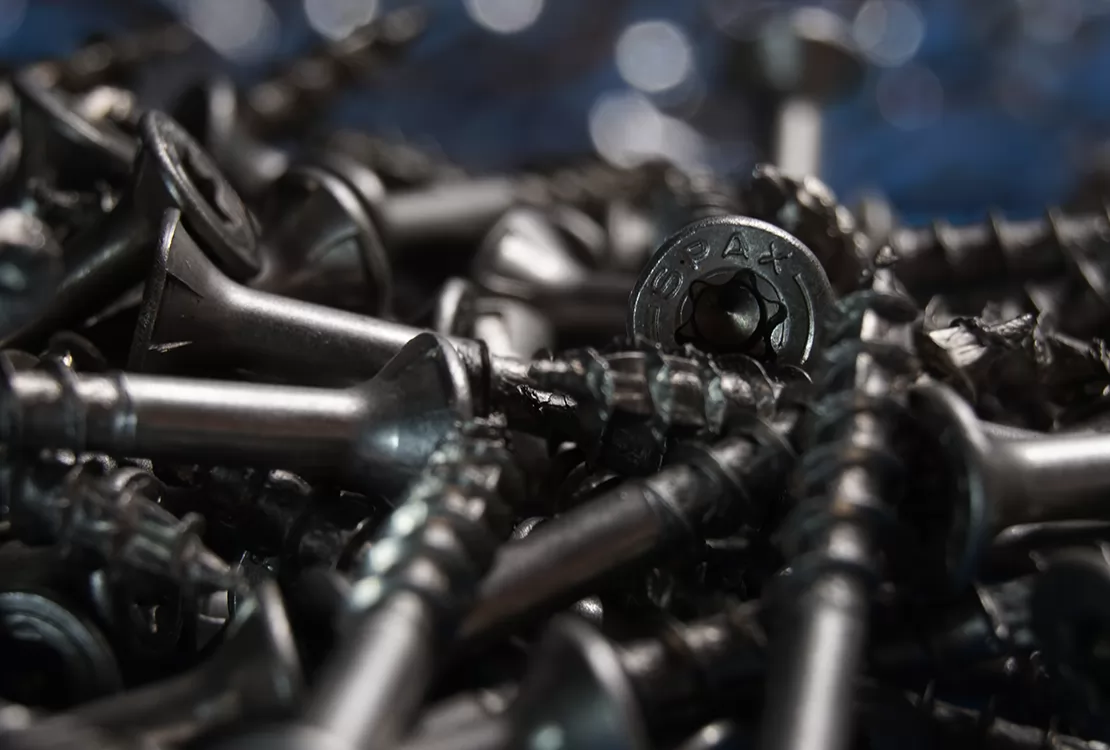
Meigesi had a customer who needed a customized screw, originally designated as A2 under the drawing. During the communication, the customer changed A2 to 4.8 (for related information on material strength, please refer to another article "Fastener strength grade"). We produced a batch of samples according to this communication and sent them to the customer. The customer reported that the screws were slipping. For this, our sales and technical team held a meeting and concluded that the strength of 4.8 was insufficient. According to the drawing, A2 should meet the requirements, but to prevent any issues, we decided to use material with an 8.8 strength grade. We then produced another batch of samples at our own expense and sent them to the customer. As expected, the customer was very satisfied this time.
Through this experience, we realized the importance of training our team. Experienced technicians immediately identified that 4.8 grade strength was not suitable for this screw and provided suggestions for future improvements. Training the team can effectively prevent such issues from occurring again.
Founded in 2010, Yuyao Meigesi Fasteners Co., Ltd. is an export-oriented enterprise specializing in the production and sales of fasteners. Our main products include various screws, nuts, bolts, and other fasteners, which are exported to over 50 countries in Eastern Europe, Western Europe, and South America. Meigesi upholds the principles of professionalism, efficiency, integrity, and innovation, dedicating ourselves to serving each customer. We handle every order with a rigorous and responsible attitude, solving customer issues and ensuring smooth delivery of goods. At the same time, we continuously learn from our experiences, establishing long-term cooperative relationships with our customers for mutual development and a win-win situation.

